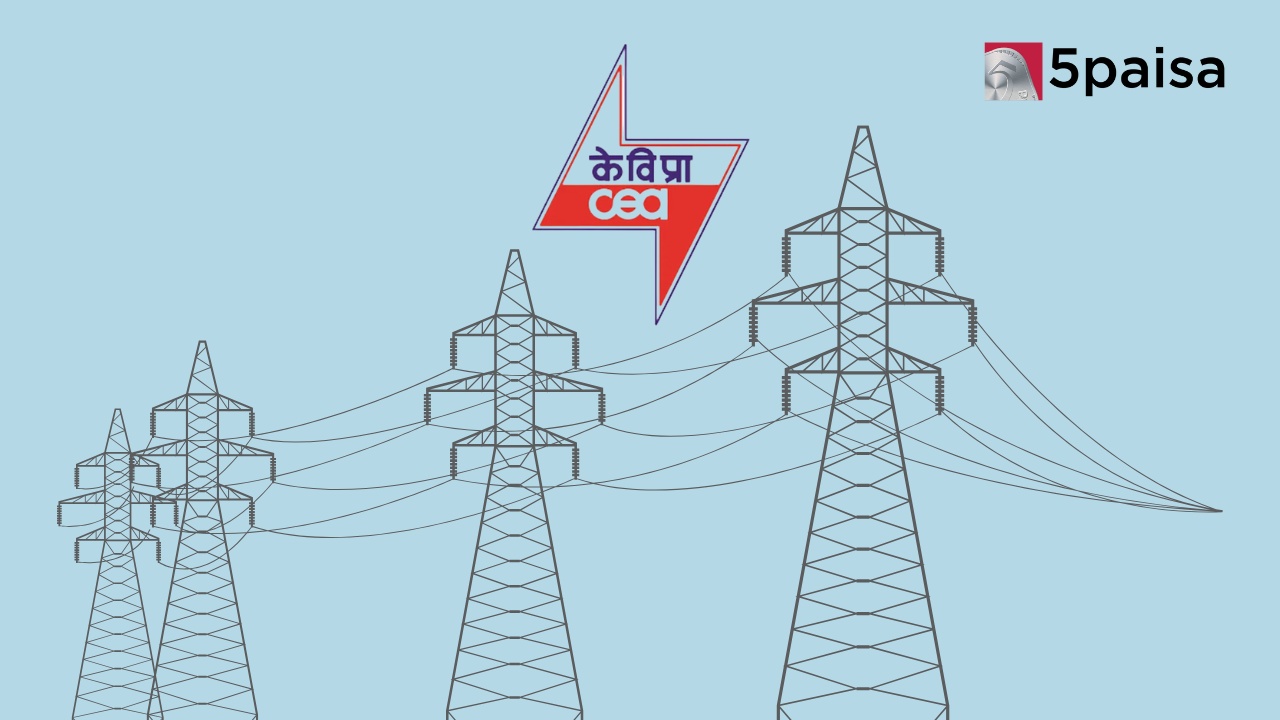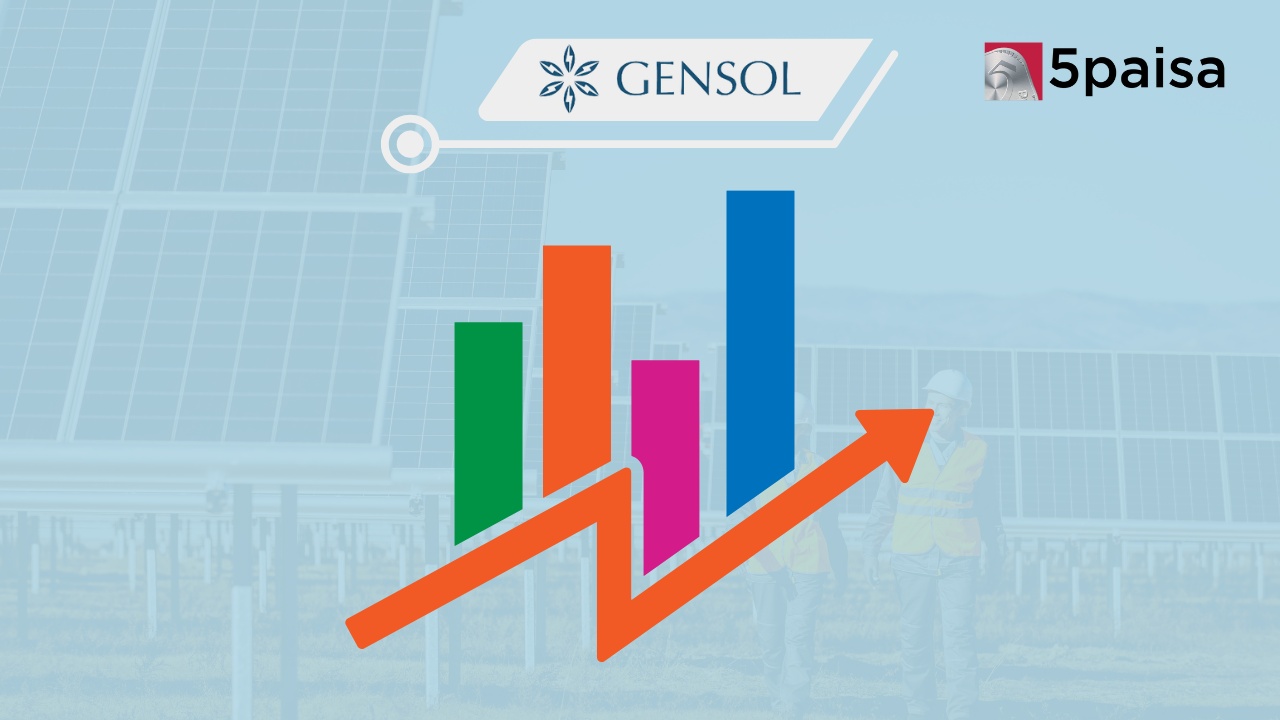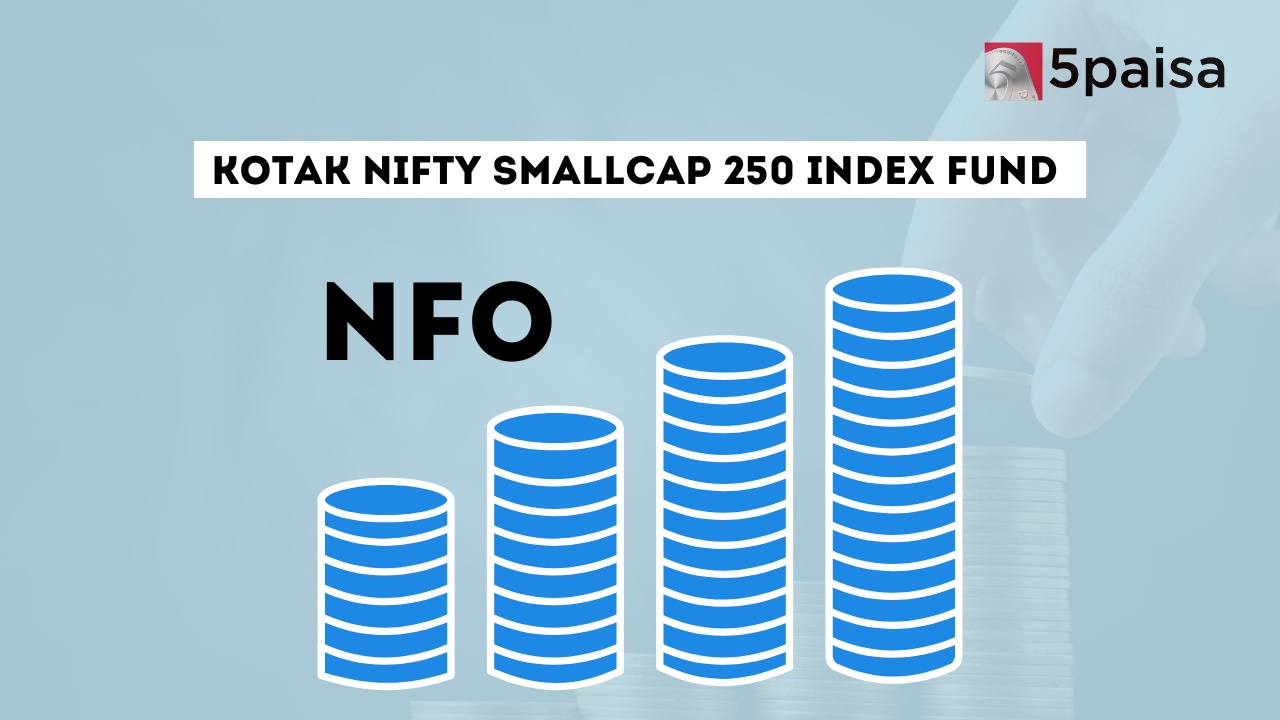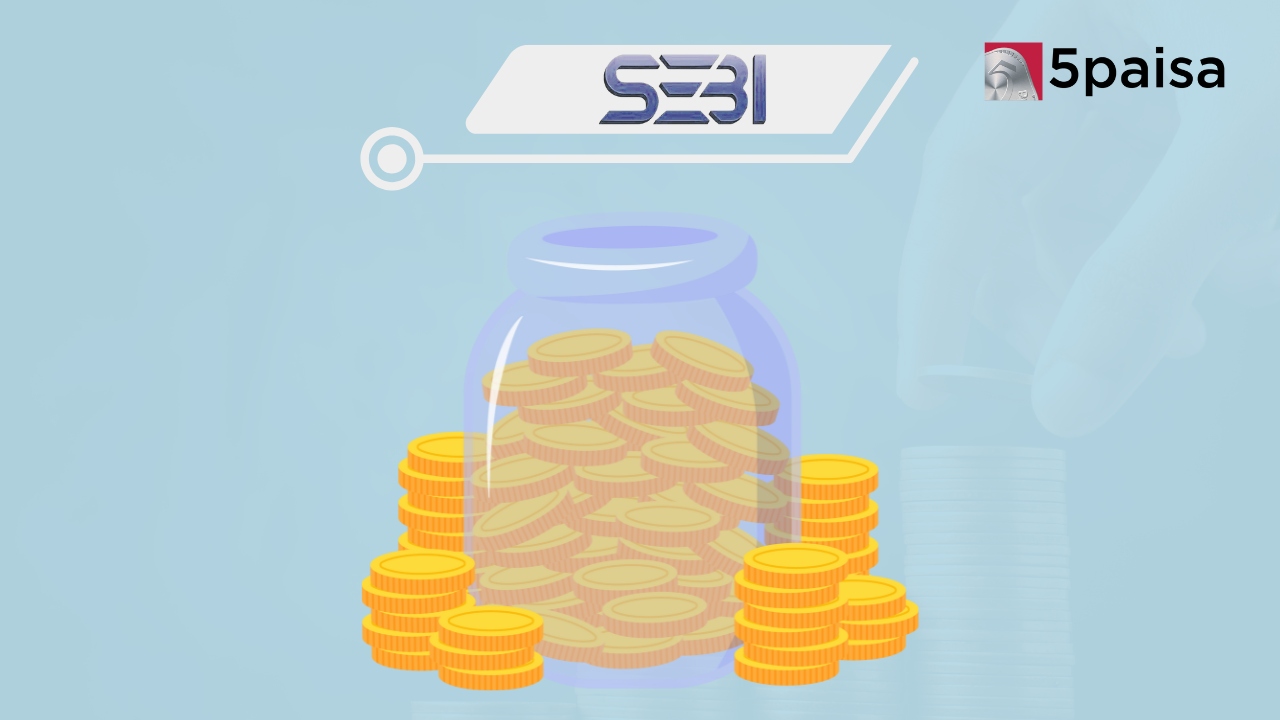Short-term Capital Gains Not Eligible for Tax Refund: Income-Tax Portal

Last Updated: 19th July 2024 - 03:29 pm
Without changing Income Tax Act of 1961, revised utility, which was updated on July 5, 2024, rejects claim of ₹ 25,000 rebate, whereas previous utility allowed for it.
Following this month's update to income tax portal's tax-filing facility, taxpayers who have booked short-term capital gains—which supersede Income Tax Act of 1961—are being compelled to forfeit legitimate refund of up to ₹ 25,000.
Refunds are income tax waivers that are offered to low-income individuals in order to lower their taxes & encourage them to file their taxes. According to modification in Union Budget 2023, people who choose new tax regime may be eligible for refund of up to ₹ 25,000 provided their taxable income is less than ₹ 7 lakh.
According to chartered accountants, issue needs to be fixed because it impacts hundreds of low-income people & is result of divergent interpretations of what constitutes "total taxable income."
"We are witnessing this peculiar trend under New Tax regime, wherein those, whose net income is below ₹ 7 lakh, aren't being able to claim full rebate of ₹ 25,000 u/s 87A, if they have booked short-term capital gains (STCG) of 15 percent, included in such income," comments Mayank Mohanka, Founder Director of TaxAaram India, upon discovering change.
It was surprising that taxes submitted before to July 5, 2024 were eligible for this reimbursement. Utility updated; refund was denied. Refund on income received during FY 2023–2024 was allowed. Sources was informed by tax specialists that returns submitted inside 2024–25 tax year, up until July 5, were eligible to get this rebate even though they included short-term capital gains.
Taxpayers are not eligible to get entire refund under Section 87A as of July 5, 2024, date income tax utility was revised. relevant officer's interpretation is incorrect because neither Income Tax Act nor any of its amendments state that all exceptional income claims will not be eligible for u/s 87A refund. Act only places restrictions on long-term capital gains income on equity shares that are subject to 10% tax under Section 112A. Mohanka continues.
One law, many interpretations: Mohanka provides instances to clarify. Consider example of Rajesh*, who earns ₹ 7 lakh in total income from his ₹ 5 lakh salary & ₹ 2 lakh in short-term capital gains on equity shares. He was eligible for complete refund under section 87A on his whole income of ₹ 7 lakh before to July 5th. However, at moment, utility is only giving him rebate in relation to his ₹ 5 lakh salary income; it is not giving him rebate on income from short-term capital gains on equity shares.
Eg., Surbhi*, on other hand, makes total income of ₹ 9.5 lakh from her salary of ₹ 6.5 lakh, various sources of income, & short-term capital gains of ₹ 3 lakh. law correctly interprets that since her total income exceeds ₹ 7 lakh, she should not be eligible for any rebate under section 87A. However, due to flawed return filing utility, she is being granted ₹ 20,000 rebate under Section 87A on grounds that her salary income of ₹ 6.5 lakhs, which is taxed at regular rates, falls under 7 lakhs threshold limit, even if her overall income surpasses this level.
It's likely that large number of taxpayers will receive notice later in year, depriving legitimate taxpayers of up to ₹ 25,000 legitimate tax advantage.
- Flat ₹20 Brokerage
- Next-gen Trading
- Advance Charting
- Actionable Ideas
Trending on 5paisa
01
 5paisa Research Team
5paisa Research Team
06
 5paisa Research Team
5paisa Research Team
Indian Market Related Articles
Disclaimer: Investment in securities market are subject to market risks, read all the related documents carefully before investing. For detailed disclaimer please Click here.




